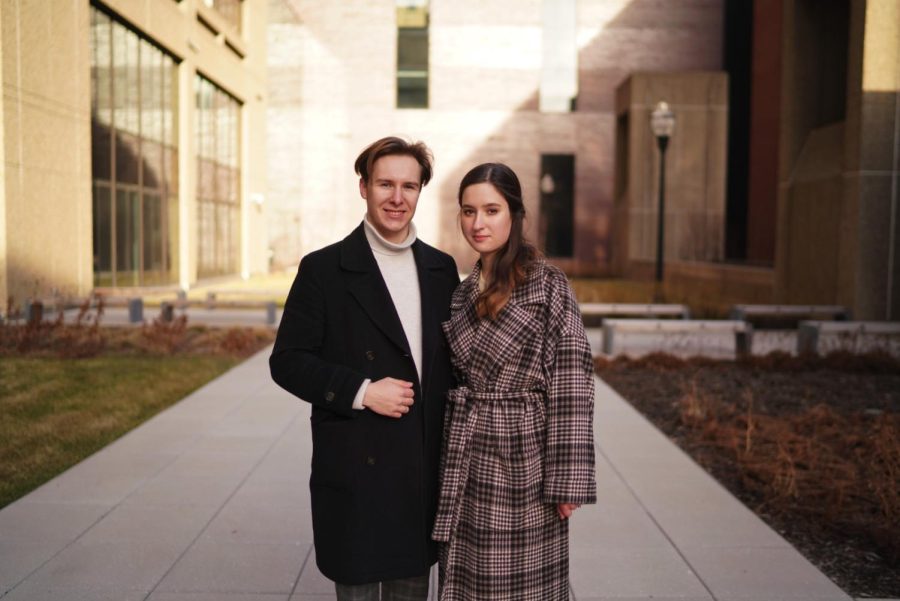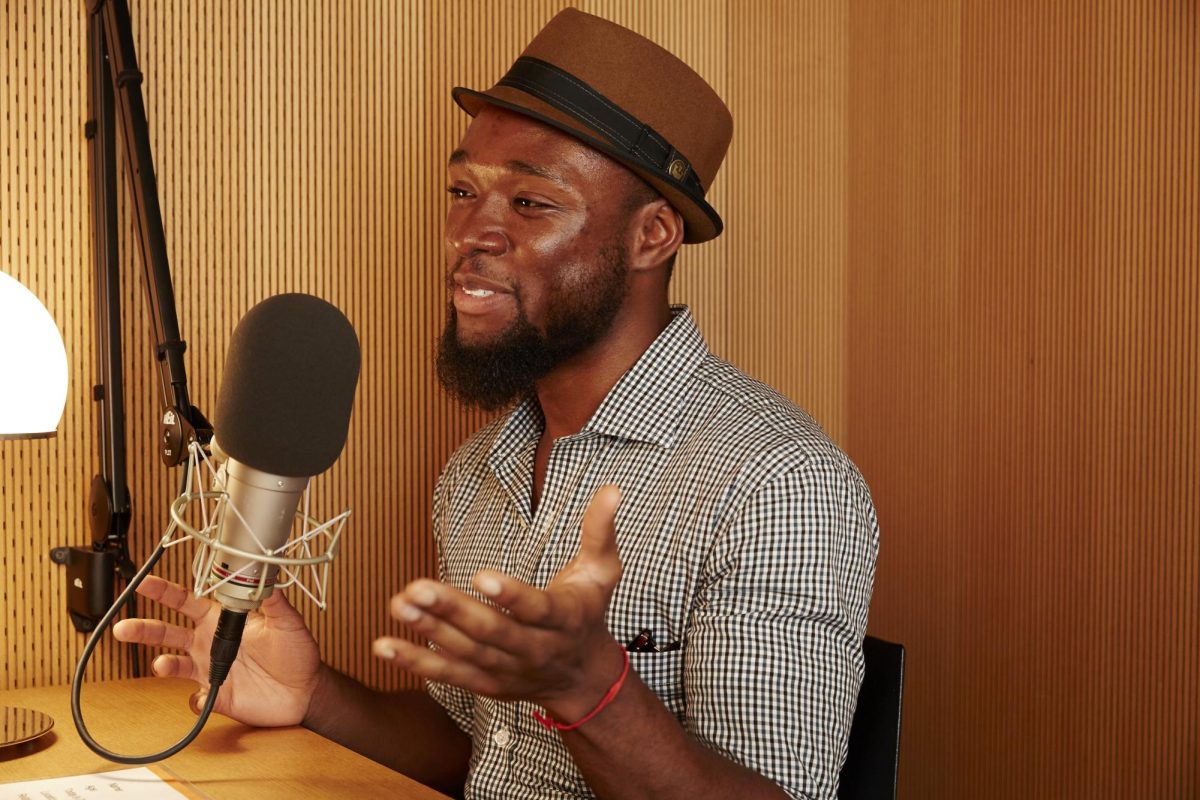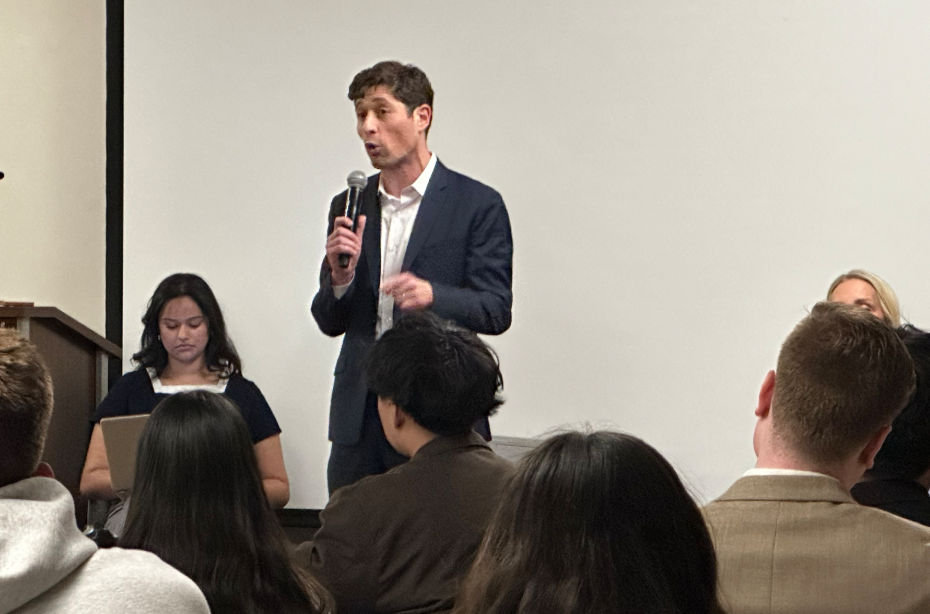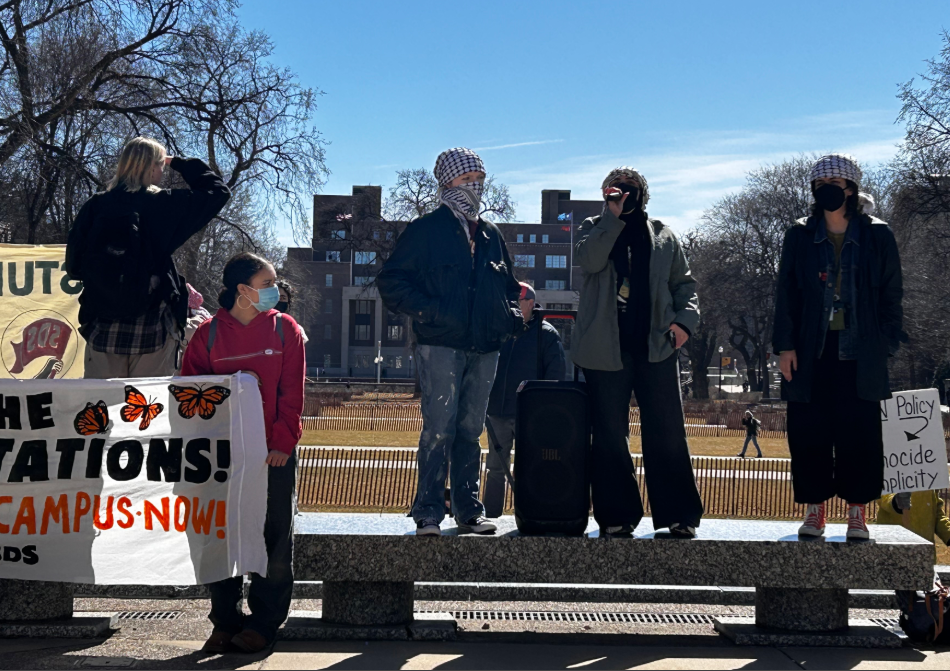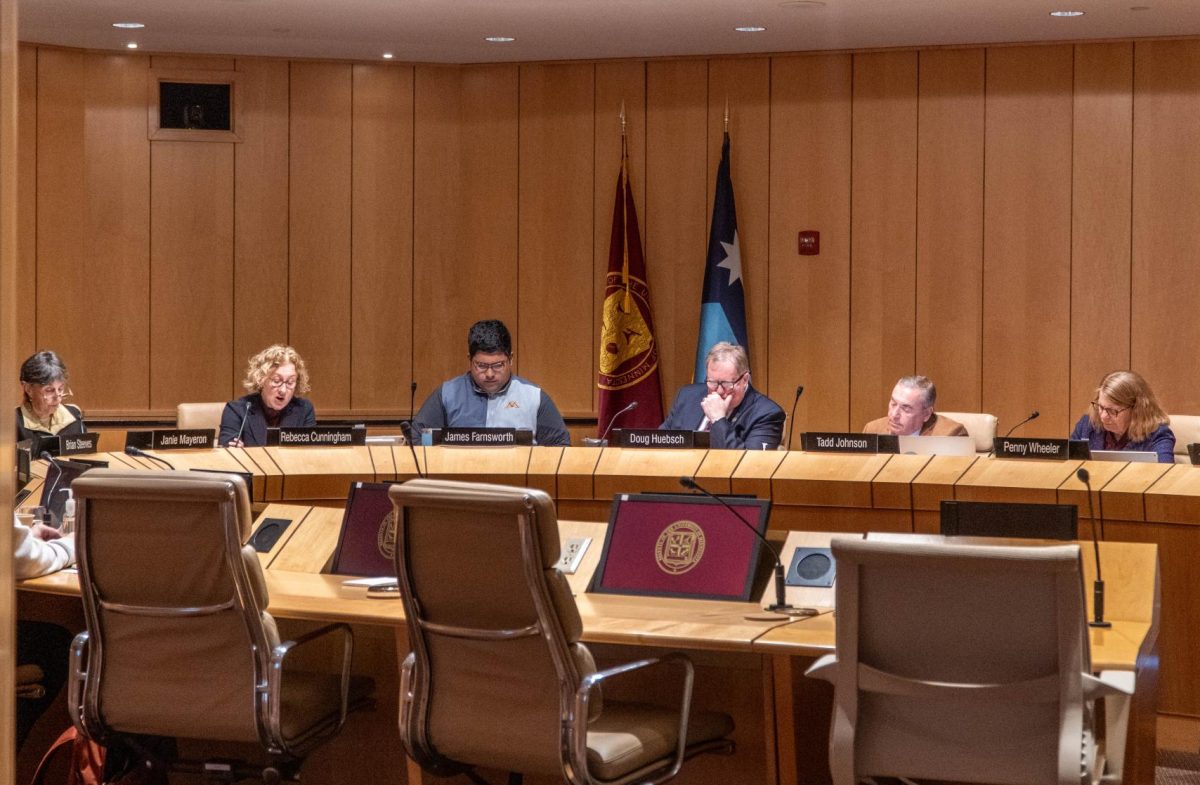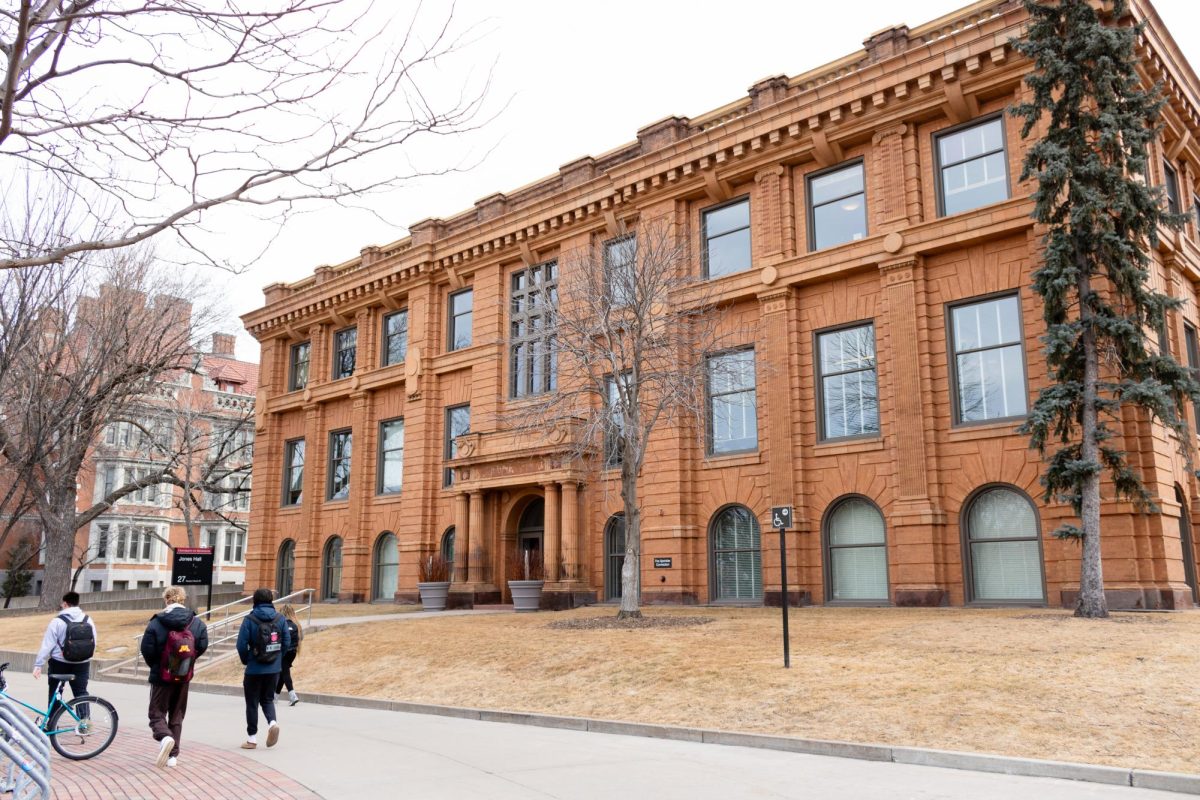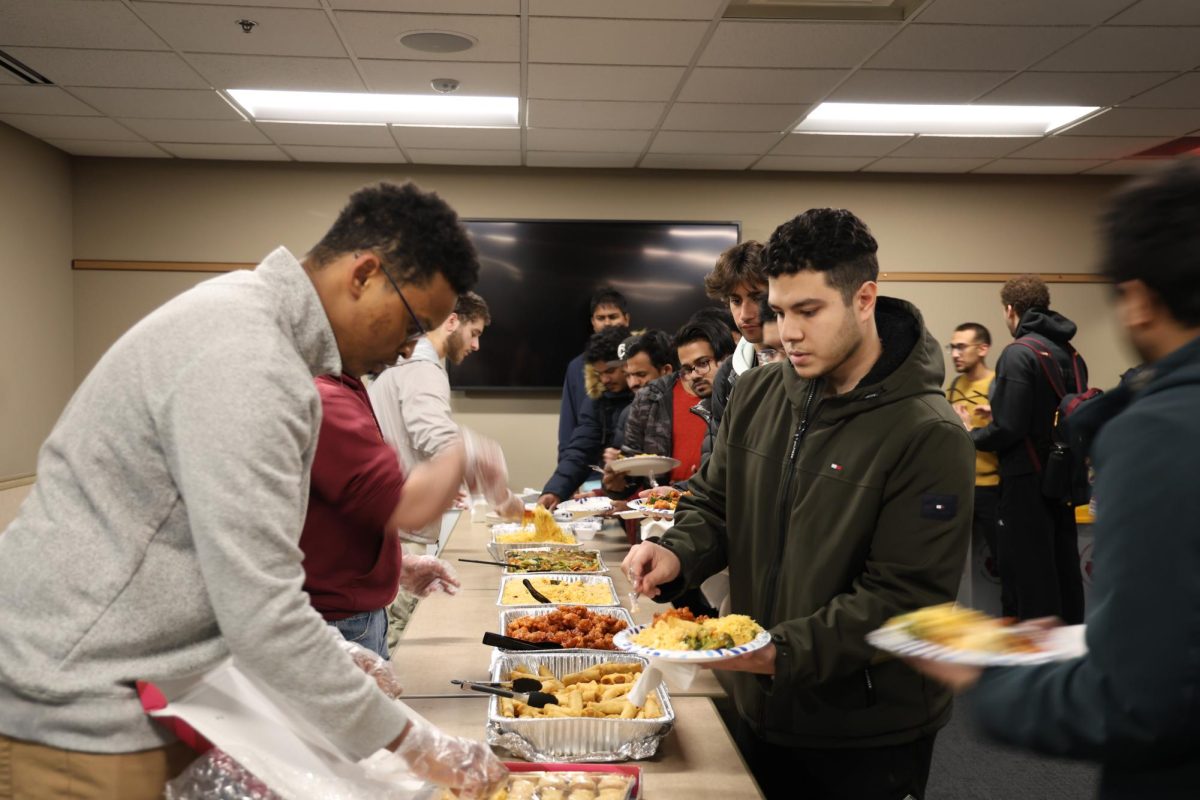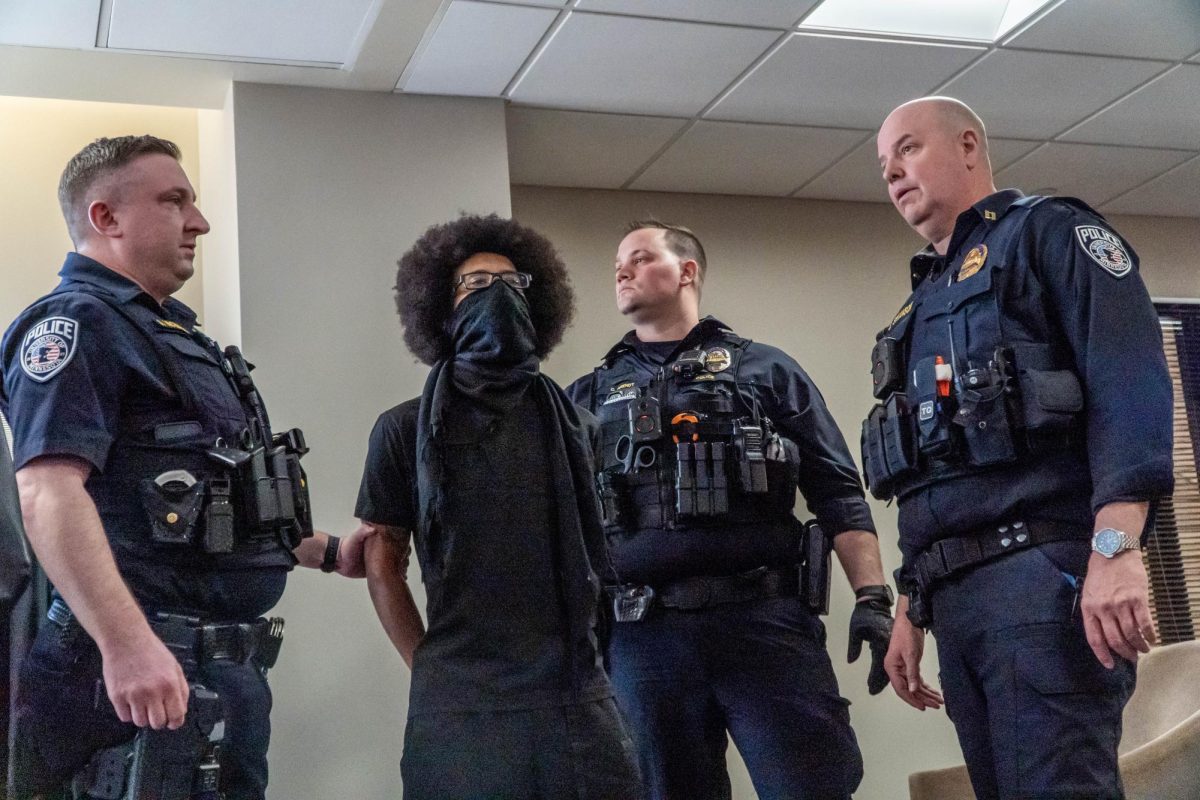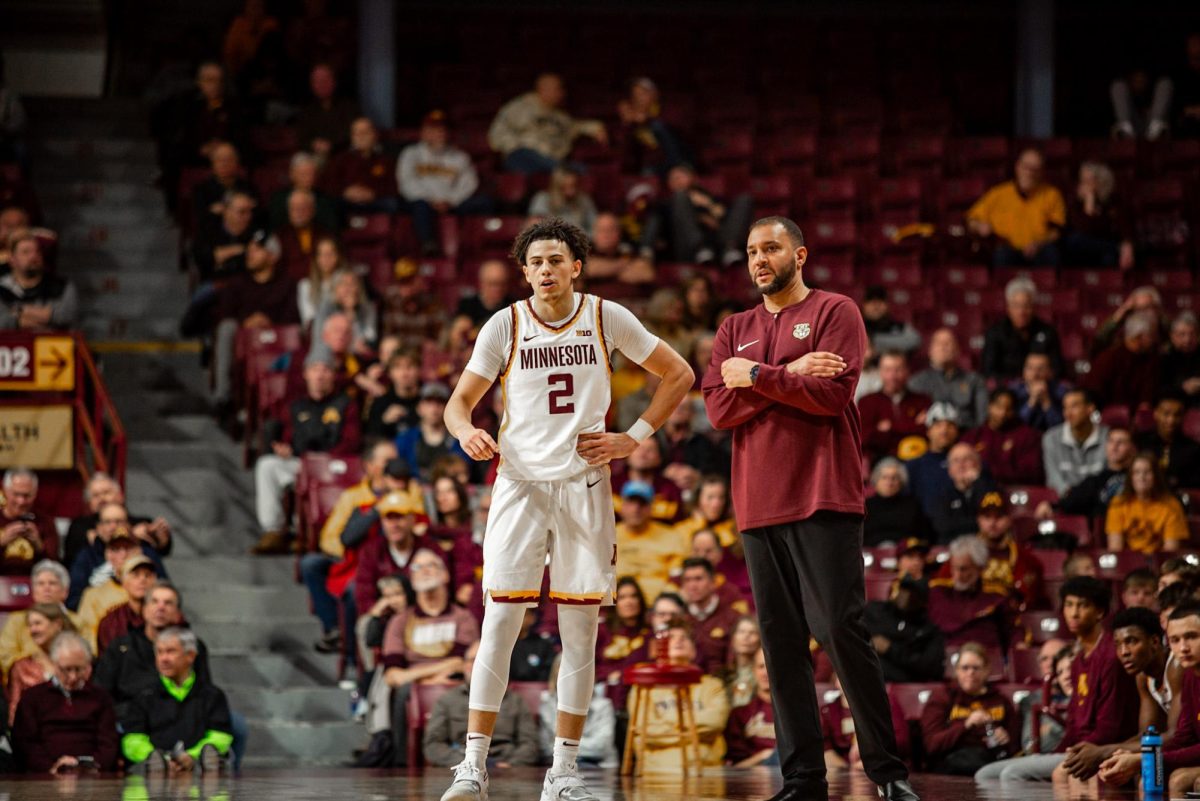Dmytro Tertytskyi and Kataryna Topuz are concerned.
Both of their parents are still residing in Ukraine and Russia, respectively — struggling with the realities of living near warzones. Tertytskyi and Topuz, current and future University of Minnesota students, have been hoping their parents and family stay safe since the Russian invasion of Ukraine started Feb. 24.
Tertytski, a dental student at the University, said one way of coping has been to stay in communication as much as possible with their families through encrypted messaging apps. His parents are currently living in Poltava, Ukraine, located between Kyiv and Kharkiv, two cities heavily targeted by Russia. Although, constant communication has weighed heavily on his mental health, he said.
“Russian troops are not advancing and my parents are safe, it makes my mood better [but] I see when they are advancing in Kharkiv, it is almost fully destroyed, it makes my day worse,” he said.
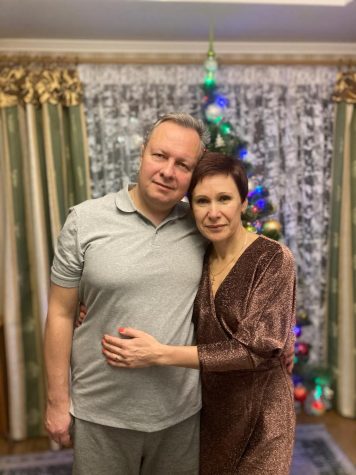
Since Russia invaded Ukraine, Tertytskyi said his mom has worked as a war doctor and his father, a retired policeman, has volunteered to defend their city if violence impacts the area.
In translated text messages sent to the Minnesota Daily from Tertytskyi’s parents, they said they “wish only victory for Ukraine.” Tertytskyi’s parents chose not to share their names due to personal safety concerns during the war.
The distance between the United States and Ukraine — between him and his family — has been difficult, Tertytskyi said. Tertytskyi said he has been calling his parents every day through the Viber app, and his emotions and feelings on the war change on a daily basis.
“My friends, my parents, they are all in Ukraine,” he said. “But we felt these airplanes that have been bombarding in those airstrikes. Still, I don’t feel that they are safe. I mean, they’re safer than people that are in Kyiv or Kharkiv, but still.”
Topuz’s parents, who moved to Russia from Ukraine in 2014 to find work in the medical field, said the collapse of the Russian economy due to sanctions placed on the country has been difficult. Topuz intends to study dentistry at the University.
Topuz said she copes in a different way, by compartmentalizing her emotions.
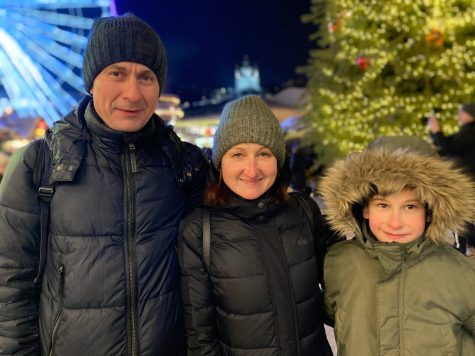
“When I talk to my parents, I’m generally quite upset. But then when I need to focus on my studies … I do that, because it’s easier that way,” she said.
Topuz’s parents said they are thinking of leaving Russia, but are limited by Russian restrictions on the amount of cash citizens can withdraw from banks during the war, in text messages sent to the Minnesota Daily. Routing money through Armenia or using cryptocurrency are two options they are considering for securing funds at the moment, they said.
Topuz’s parents also did not share their names due to personal safety concerns.
“It is not safe there and there is a poor quality of life and no perspective there,” Topuz’s mother said in a translated text message.
Coming to the University of Minnesota
Before coming to the University to further their studies, Tertytskyi and Topuz met in Ukraine as dental students and got married two days after graduation.
Three years later, in 2019, Tertytskyi moved to the United States to pursue dentistry after securing a green card through the lottery system.
Tertytskyi said he was always intent on going to the United States because “the country is on the forefront of everything.”
Tertytskyi is studying at the School of Dentistry, as part of a Ukrainian-U.S. partnership on inclusive education that began in 2017.
“Starting from the next semester, I will blend with the regular American dental students,” Tertytskyi said. “This program is solely dedicated to international dentists and foreign-trained dentists.”
Topuz arrived in the United States after Tertytskyi and said she is hoping to start school next winter. Due to the COVID-19 pandemic, her graduation was delayed and her visa status lapsed.
To keep in touch while apart, the couple video called every night. Tertytskyi said he would call his wife at 6 a.m. to account for the time difference in Ukraine.
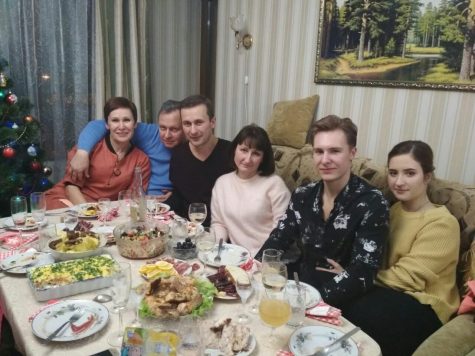
Tertytskyi said the current war is different from his perspective due to the presence of social media and the ease of communication. With social media and encrypted apps, people no longer believe all the information that appears on state-sponsored television and want to “see the full picture,” he said.
Topuz echoed Tertytskyi’s thoughts and pointed to the uncertainty of the future.
“I think what’s lacking to a lot of people in Russia and Ukraine is a sense of security and confidence in their future because you never know what will happen,” Topuz said. “War on the war, you never know.”


